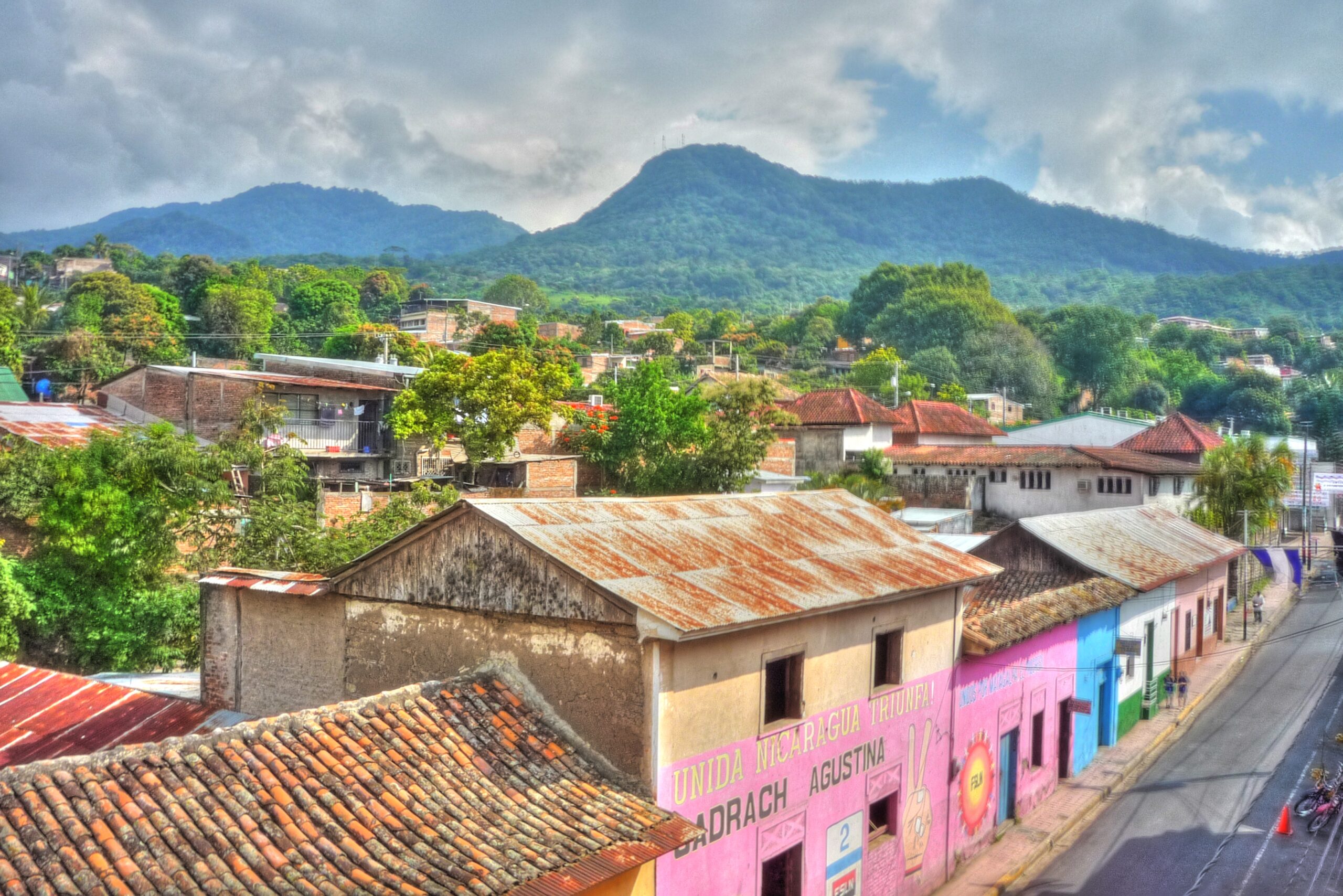Photo: Germán Enrique Padilla Díaz (CC)
Crook Fellow Jessi Stafford shares more of her experiences interning for Artists for Soup:

Creating a life in Matagalpa has been lovely. I am surrounded by friends, my favorite restaurants, my favorite cafes, and work in the comfort of my office. But Artists for Soup did not begin in Matagalpa. The organization is a recent transplant from a much smaller (and hotter, insanely hotter) Nicaraguan town: La Paz Centro.
Conducting an impact evaluation requires talking to participants in the program. This meant hopping on two buses, traveling to the small town, and spending a week with a host family. No cafes, one restaurant, and endless heat.
I began my week by visiting beneficiaries of Artists for Soup’s gardens and preparing to schedule interviews. We walked through the gardens, in the middle of fifteen foot stalks of corn, and I realized I was quite literally “in the weeds” of my project.
The challenges of disconnection, 100-degree weather with no air conditioner, and being alone in the middle of nowhere made the weeds appear thick and infinite. But I knew this was the single most important part of my project. I had to gather as much information as possible in as little time as possible.
Conducting a focus group in a local church quickly brightened my perspective. I asked participants what their life was like before participating in Artists for Soup and every single woman looked at me with a blank face, a bit of a chuckle, and told me in such a manner as that it should be obvious, “We stayed home. We did nothing. Well, we cooked and cleaned. But what else is there to do in La Paz Centro!”
Experiencing the town first hand I knew just how true that statement was. Artists for Soup not only provided these women with organic vegetables and an improved diet, but it also enabled these women to come together, socialize, and do something with their day. These women have been empowered; they have found purpose.
It was then that I realized that it is deep in the weeds of La Paz Centro that real change is taking place. The weeds are transforming into beautiful gardens full of nutrients, activities, solidarity, and life.
This blog post was first published by The Robert Strauss Center at The University of Texas at Austin on 21 August 2017.

